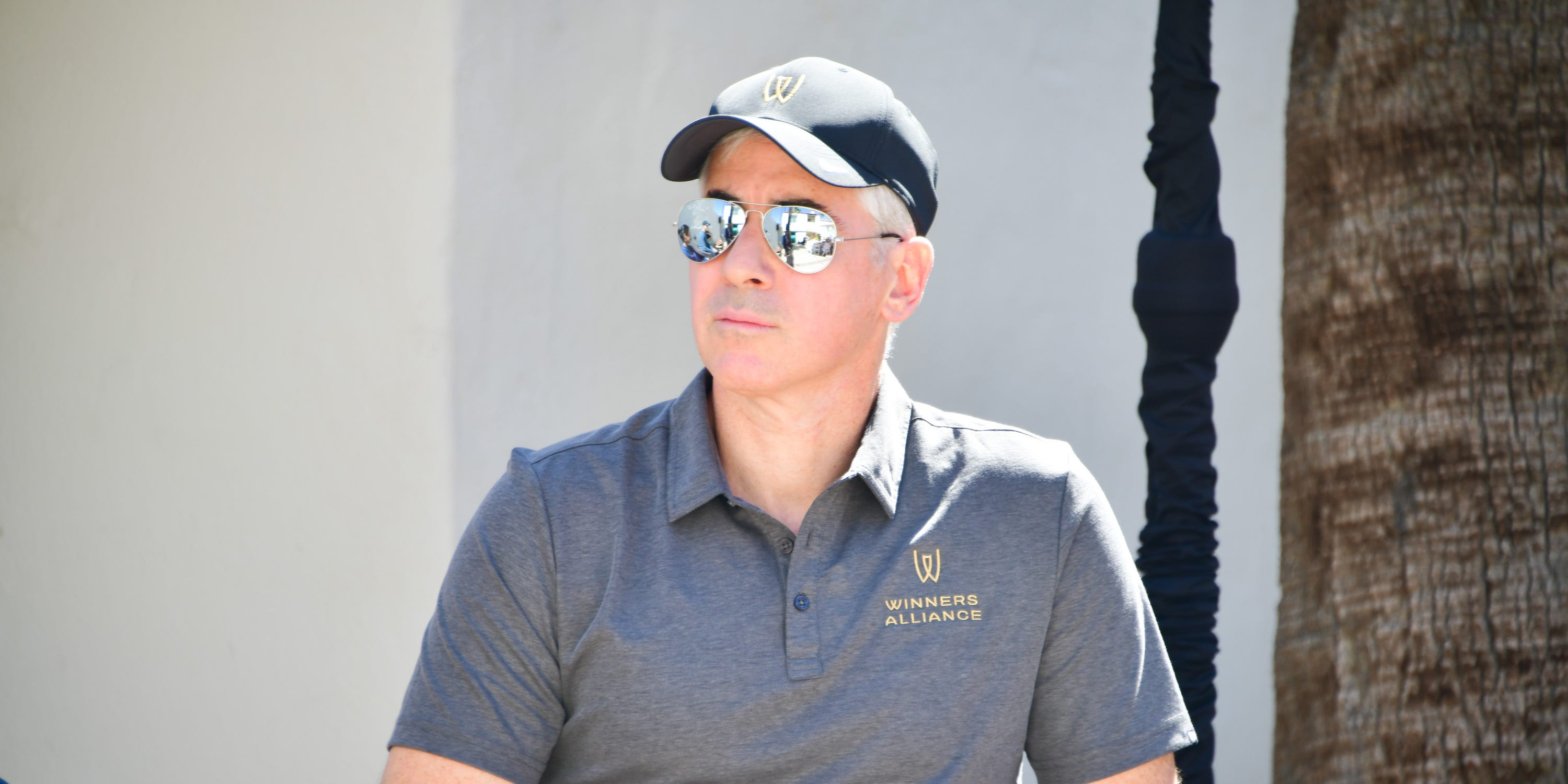Bill Ackman said the Fed is likely done hiking interest rates as the economy starts to weaken. “High mortgage rates, high car rates, high credit card rates — they’re starting to have an impact on the economy,” he told CNBC. The billionaire investor is also betting that 30-year Treasury yields are going to rise further. Loading Something is loading.
Thanks for signing up!
Access your favorite topics in a personalized feed while you’re on the go.
Bill Ackman, CEO of Pershing Square Capital Management, said that the Federal Reserve is likely done hiking interest rates as the economy begins to signal a slowdown, but warned spillover effects will continue.
The central bank has lifted rates 11 times since March 2022 to hose down inflation that had been running at the hottest pace in four decades. Inflation has since cooled sharply, but the latest reading on consumer prices showed a 3.7% annual increase, still above the Fed’s 2% target.
The Fed kept rates steady its meeting last month, while signaling that future hikes were not off the table. But Ackman doesn’t expect anymore.
“I think the Fed is probably done. I think the economy is starting to slow. I think the level of real interest rates is high enough to slow things down,” Ackman said in a CNBC interview on Monday. “High mortgage rates, high car rates, high credit card rates — they’re starting to have an impact on the economy. The economy is still solid, but it’s definitely weakening.”
Still, even as the Fed hits pause, bond yields could keep rising as the market prices in the prospect of high inflation, he added.
On Monday, the 30-year Treasury yield surged 9 basis points to 4.8%, and the 10-year yield jumped as much as 13 basis points to touch 4.7%.
Ackman told CNBC he sees the 30-year yield continuing to rally “into the mid-5s” but doesn’t expect the 10-year yield to go “meaningfully above 5%” as the economy has shown signs of weakness.
“On a long-term basis, we think structural inflation is going to be persistently higher. In a world like that, the government shouldn’t be able to borrow at four and three-quarters, fixed, for 30 years,” he said, echoing his call from August, when he revealed he was betting against 30-year Treasurys, citing stubborn inflation.
Meanwhile, mortgage rates have also shot up in the past year and a half along with US bond yields, weighing on real estate markets.
Ackman pointed out that most homeowners and many large businesses borrowed at lower fixed rates for the long term. But the problem is for those who borrowed over shorter time horizons.
“People who have borrowed short-term at a low-fixed rate, who are getting repriced — you look at a lot of commercial real estate investors — are going have a very challenging period,” Ackman said. “I think that’s really the big threat.”
Last month on The Julia La Roche Show, he warned that the commercial real estate market was starting to see defaults on office assets and rising pressure on the regional banking system.
